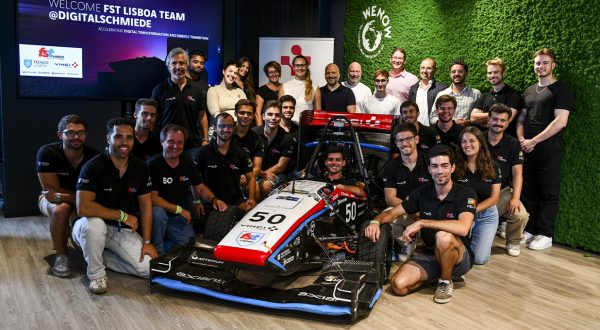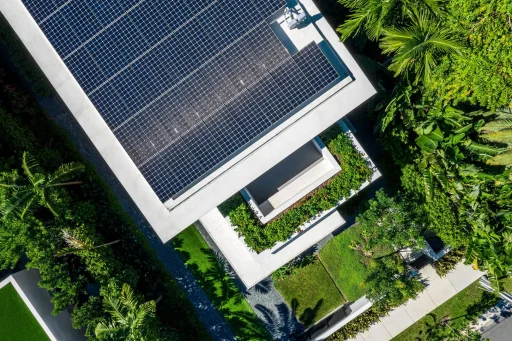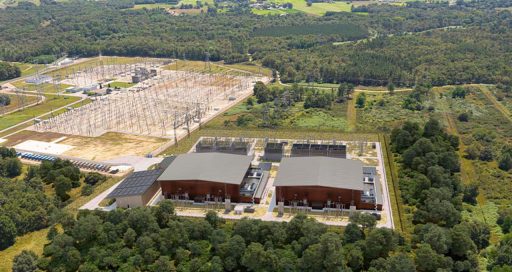By investing in a new gas-powered thermal power plant, the town of Flensburg in northern Germany will reduce its CO2 emissions by 40% while shutting down its coal-fired boilers ahead of the government’s schedule.
![]()
The town of Flensburg in Germany, not far from the Baltic and the Danish border, will be able to entirely replace coal in its energy generation earlier than specified by the federal government. And the key to this acceleration? A new natural gas-fired thermal power plant due for commissioning in 2022. This installation, named Boiler 13, will enable more efficient energy generation and also usher two coal-fired boilers into early retirement. These are expected to operate for another 10 years or so before finally shutting down.
The switch from coal to natural gas is an appropriate response to the problems posed by increasing wind-powered electricity generation.
This evolution brings tangible benefits to the fight against greenhouse gases. “Boiler 13 will reduce CO2 emissions by 40% for the same amount of energy as the coal-fired boilers,” says Olaf Rhein, CEO of Actemium Hanover, which is involved in setting up the plant. Once this new plant enters service, therefore, CO2 emissions will be around 120,000 tonnes a year lower. That’s an appreciable gain for this town of 90,000 inhabitants, for which Boiler 13 represents another step on the path to carbon-neutral energy generation.
The switch from coal to natural gas is also an appropriate response to the problems posed by increasing wind-powered electricity generation, especially in northern Germany. Intermittent by nature, wind electricity requires some means of filling the resulting output gaps. Natural gas offers exactly the fast and flexible use of generation facilities needed: a double benefit for the environment.
Gas and steam
The Boiler 13 project continues the transition that began with help from Actemium in 2014–2016. The focus then was on Project Boiler 12, which just like Boiler 13 now, centred on the construction of a CCGT (combined cycle gas turbine) power plant to generate both heat and electricity.
In this type of plant, natural gas is used to produce electricity in two phases. The natural gas powers a turbine and a generator. The exhaust gases from this turbine are used to produce steam, which in turn drives another turbine and generator that produce surplus electricity.
Olaf Rhein emphasises this combination’s high performance: “A modern gas-powered electricity plant produces electricity with at most 60% efficiency. Compare this with Boiler 13, which with 70 megawatts of urban heating power, will be more than 90% efficient thanks to the combined generation of electricity and urban heating. That’s also 10% more output than from the old coal-fired boiler.”
Once the modernisation of its combined heat and electricity power plant is completed, Flensburg will be meeting up to 80% of its urban heating requirement using natural gas. The town will also be able to take pride in having achieved the government’s 2038 coal elimination target well ahead of schedule.
17/05/2021
Learn more:
https://www.stadtwerke-flensburg.de





